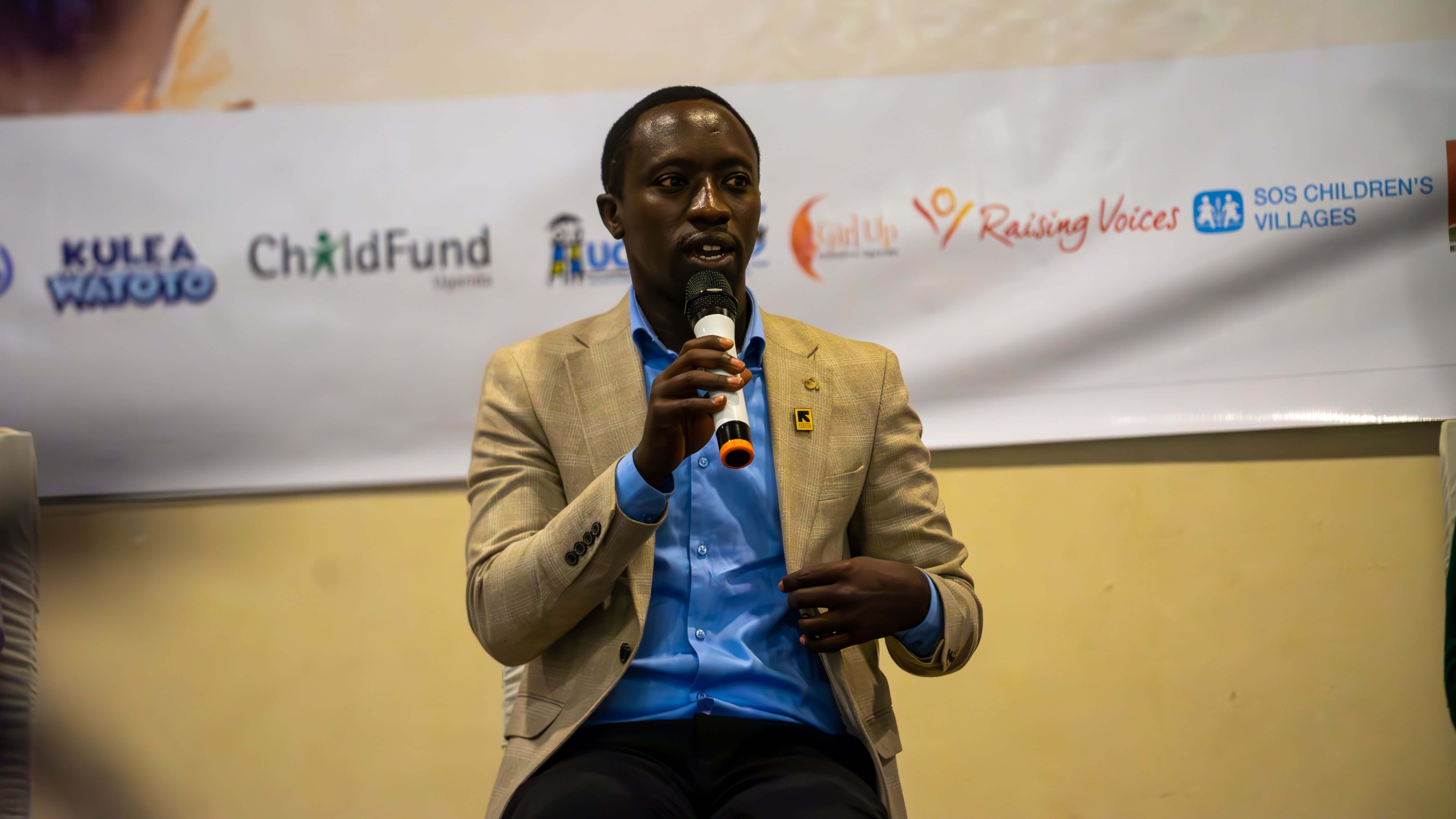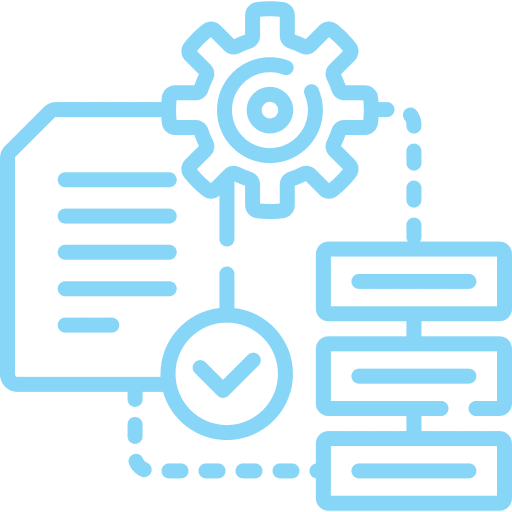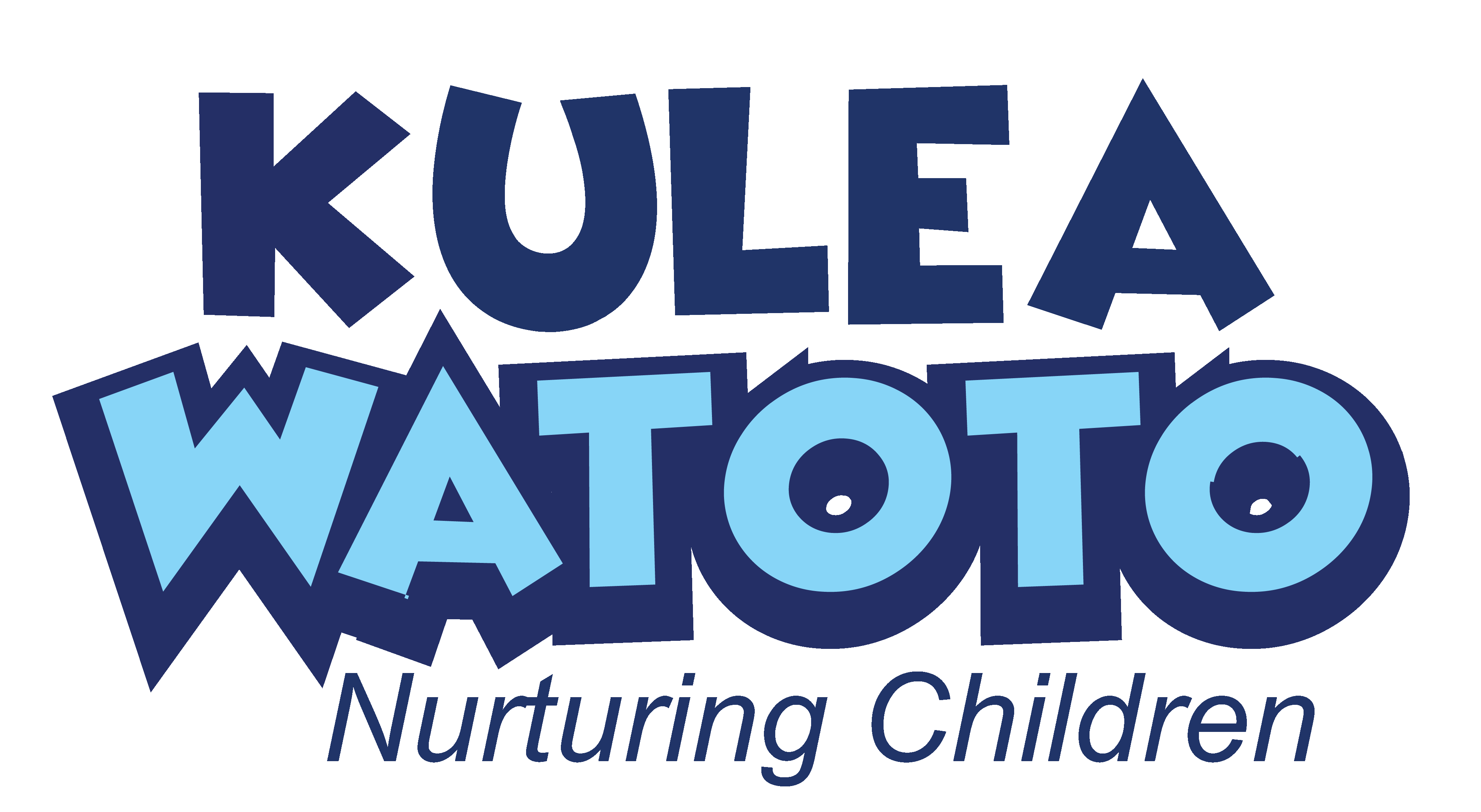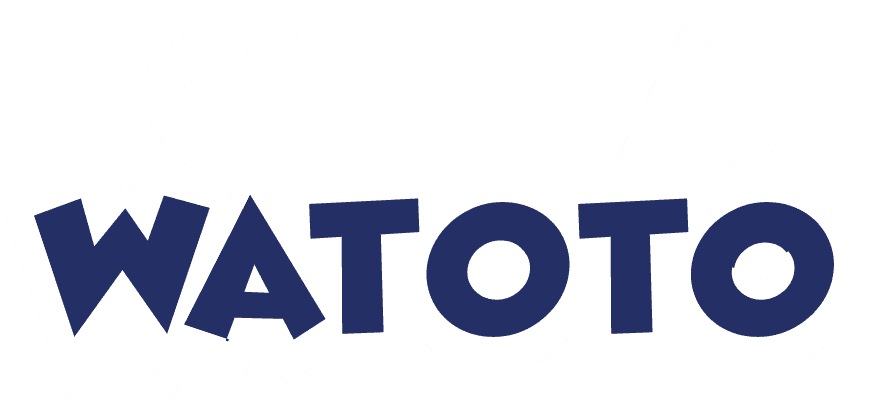Research and Evidence Generation
The aim is to generate learning and evidence that can support the improvement, expansion, and sustainability of integrated ECD and livelihoods programming. Through this research we aim to understand a) which program models work in practice for a two-generation approach.

For purposes of this project, the focus is on the program models that improve early learning and responsive caregiving at household level; Which models address economic vulnerabilities hence improved household income and livelihood opportunities as well as those that enhance the quality of ECCD services at ECD centre level. b)The research also explores the best practices at a local level in an integrated two-generation model. This involves generating periodic learnings that facilitate program adaptation throughout the implementation cycle. We want to understand how we can improve upon our program models and measurement practices over time, and what program elements can be leveraged as a blueprint for future work.
Research Questions

Kulea Watoto Research
The research seeks to answer four key questions:
- Which program models work in practice for the two-generation approach?
- How can we improve our program and measurement models
- What program elements can be leveraged as guidance for future work?

Process Documentation
- How is the program being implemented?
- Fidelity: Is the program being implemented as intended? What variations in implementation, if any, occur by sites? Why are variations occurring? Are they likely to affect program outcomes?
- Are there unique challenges to implementing the program?
- How do program clients describe their program experiences?
- What are the benefits for program clients
Facts about DXPR, Inc.
The
Research Process
The research process is also informed by children’s voices and experiences – who are often not engaged in the research process. Kulea Watoto has a strong emphasis on generating practical and policy-relevant learnings that can be used to support advocacy efforts at the local, national, regional, and global levels. We leverage a mix of quantitative and qualitative research methods to estimate the potential impacts of the program on both generations and understand the mechanisms that drive the program’s successes and challenges.
SUBSCRIBE TO OUR NEWSLETTER
Get the latest updates of
Kulea Watoto's milestones

